Utah-based Clene Lands a $45.1 Million, 4-Year NIH Grant that Expands Access to its ALS Drug Candidate: CNM-Au8®
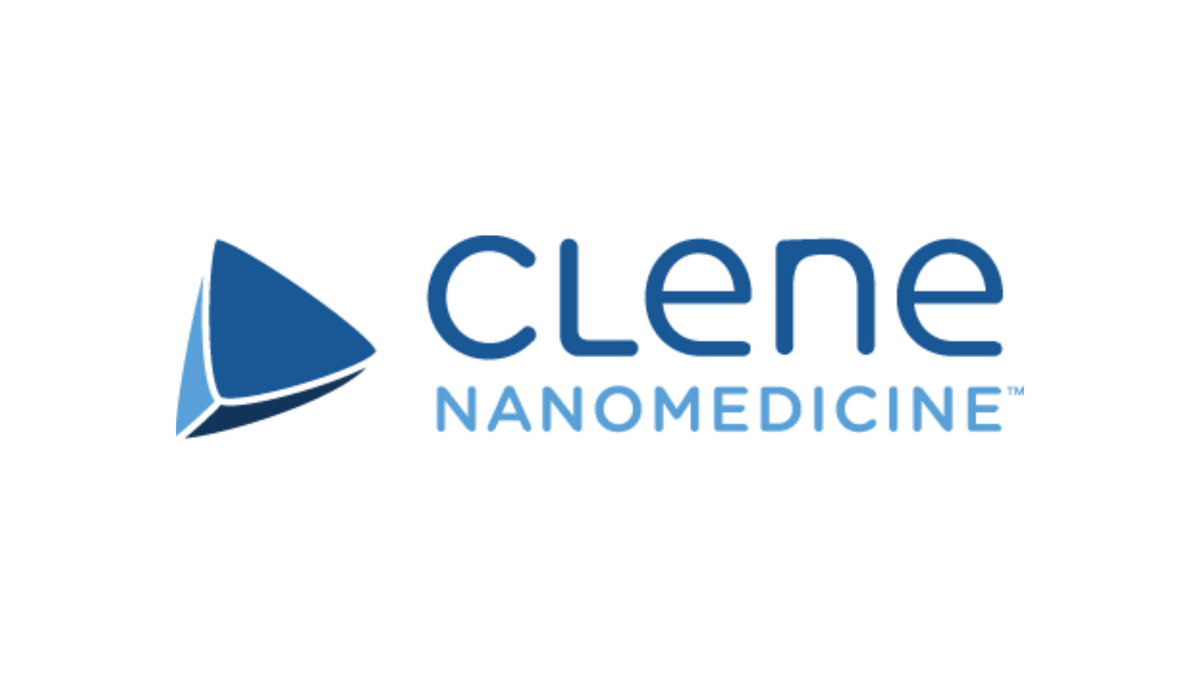
Awarded in partnership with Columbia University and Synapticure, this grant provides a pathway for patients with Lou Gehrig's Disease to pursue "Compassionate Use" participation in a new Expanded Access Protocol (EAP) treatment program with Clene as amyotrophic lateral sclerosis (ALS) sufferers.
In major drug discovery news for Utah-based firms, Salt Lake City-based Clene (NASDAQ:CLNN) has just been awarded a $45.1 million, four-year grant by the National Institutes of Health to expand access to its investigational drug candidate — CNM-Au8 — for patients suffering with amyotrophic lateral sclerosis (ALS).
According to the company news release, this grant was awarded to Clene in partnership with Columbia University and Synapticure by NIH's National Institute of Neurological Disorders and Stroke division.
As such, the grant formally supports an Expanded Access Protocol (EAP) which enables individuals suffering with Lou Gehrig's Disease, and their healthcare providers, to pursue participation in a new EAP trial under a "Compassionate Use" designation.
{NOTE: The "Compassionate Use" designation allows clinicians to apply for patient access to, and use of, an investigational drug that has not yet been cleared by the U.S. Food and Drug Administration (FDA) for use outside of clinical trials, such as CNM-Au8.}
As noted in our 26 June 2023 article titled "Clene Closes a $40 Million Public Offering to Further Fund its Efforts Targeting Several Neurodegenerative Diseases," Clene is "focused on developing prospective drug candidates that can treat the negative effects of several neurodegenerative diseases by identifying and formulating compounds," including CNM-Au8.
CNM-Au8 is described by Clene as "a proprietary suspension of gold (Au) nanocrystals" which the company says "has extraordinary catalytic, therapeutic activities when it (gold) is engineered as clean-surfaced, faceted nanocrystals."
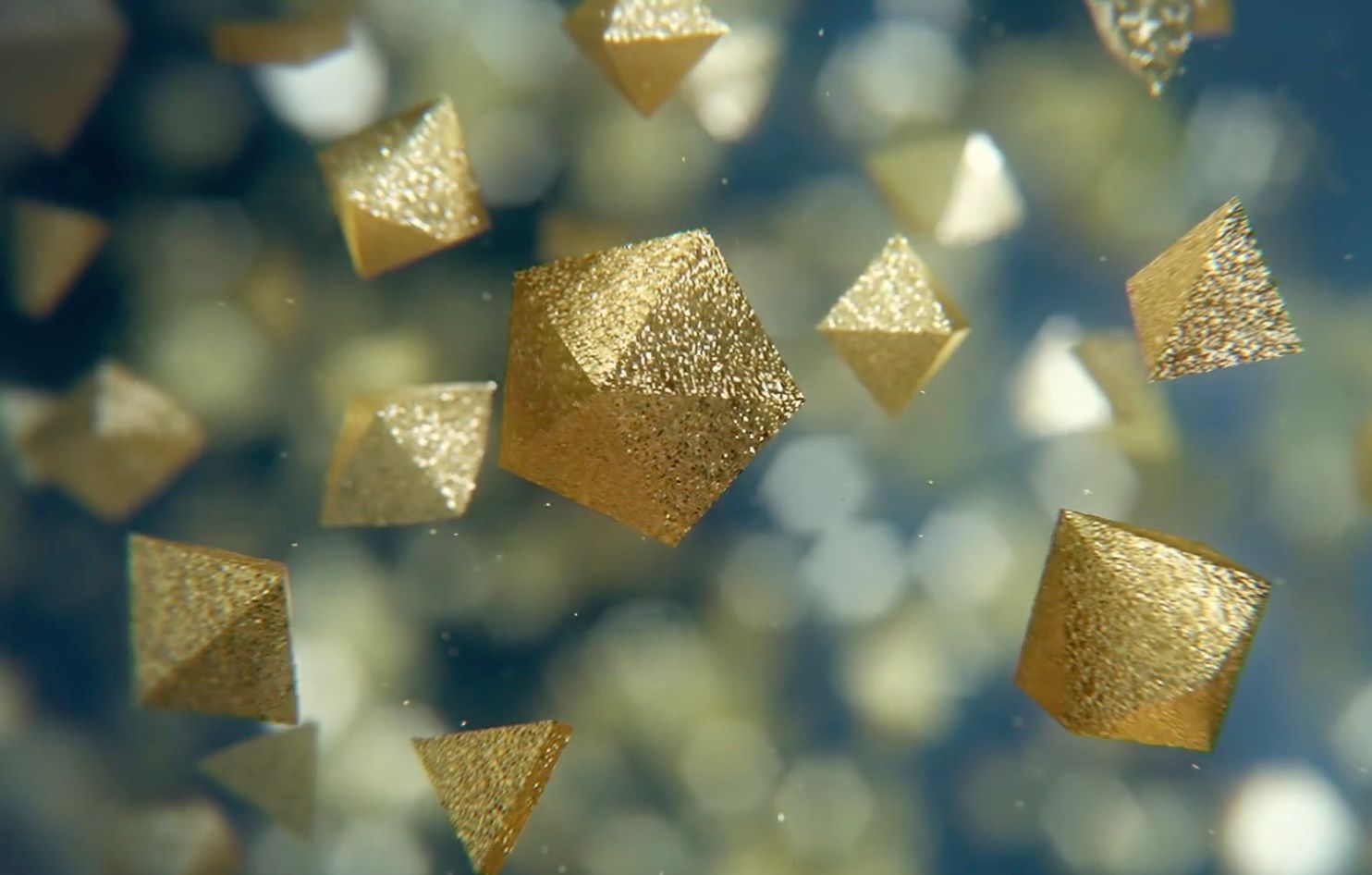
According to Benjamin Greenberg, MD, MHS, FAAN, Head of Medical of Clene,
"This new EAP provides access to CNM-Au8 for more people living with ALS and enables the collection of survival, safety and biomarker data in a population not studied in clinical trials. These data can help provide confirmatory support for the existing trial data Clene has gathered in its clinical trials.”
There is currently no cure for ALS (aka, Lou Gehrig's Disease), a fatal neurodegenerative condition that currently affects roughly 250,000 individuals globally and under 10,000 people in the United States.
As such, potential treatments for ALS can qualify for orphan drug status in the U.S. and abroad.
In fact, several ALS drug candidates have been granted orphan drug clearance by the FDA over the past several years. But thus far, none has shown the ability to cure ALS, only treat it and/or prolong the life of ALS sufferers.
As such, it appears to me that CNM-Au8 may be a possible orphan drug candidate, especially given Clene's recent announcement which we covered last week in our writeup: "Utah's Top Nine Business 'News Nuggets' from the Past Week: 23—30 September 2023."
Specifically, Clene announced during the last week of September that over a 2.5-year period,
"... 49% fewer (ALS) patients died when treated with 30mg doses of CNM-Au8 over 133 weeks versus those treated with placebo in the PRO-ACT trials."
Taking these announcements in concert, I believe Clene's CNM-Au8 continues to be a drug candidate that bears serious attention.
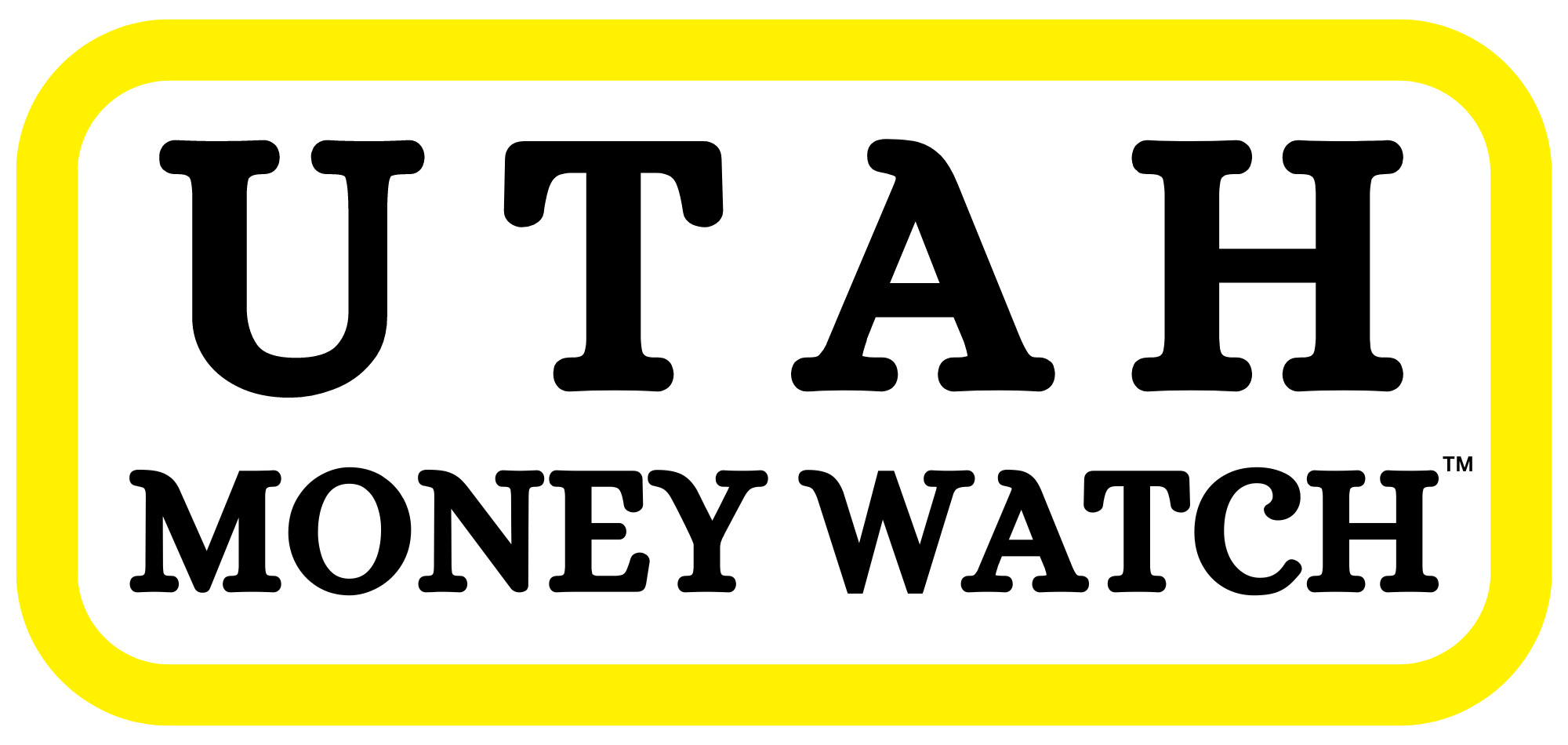

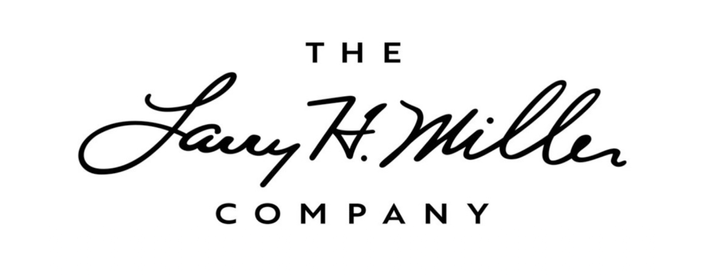
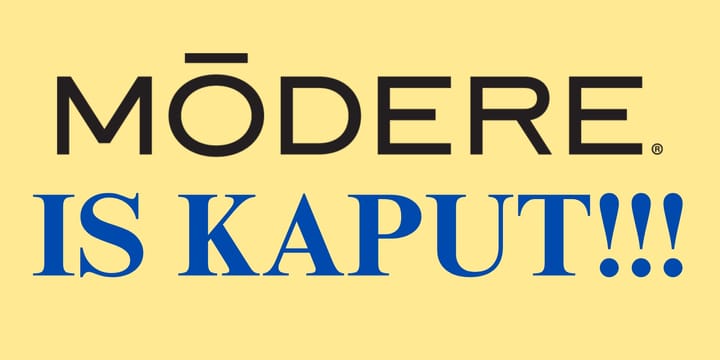
Comments ()